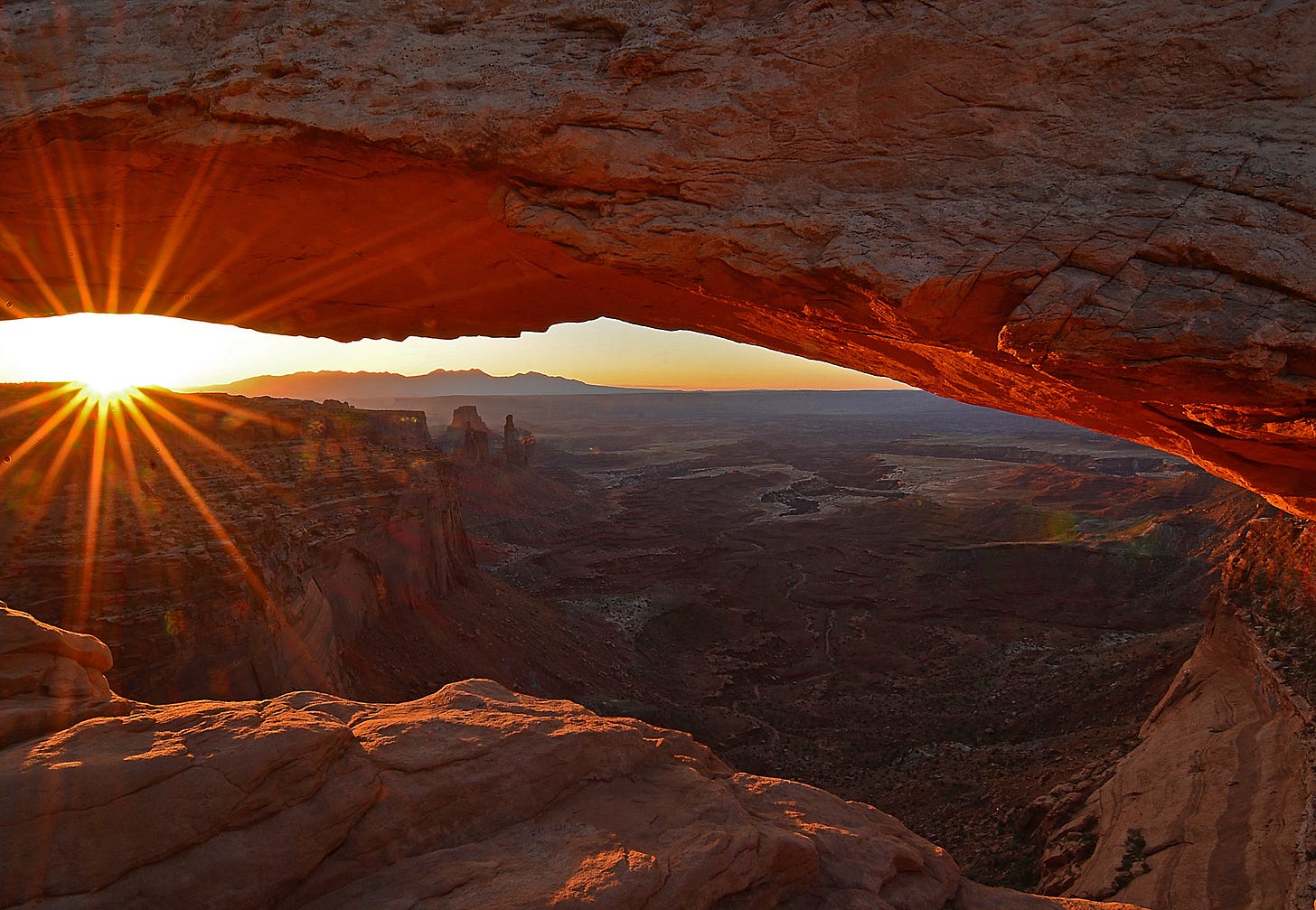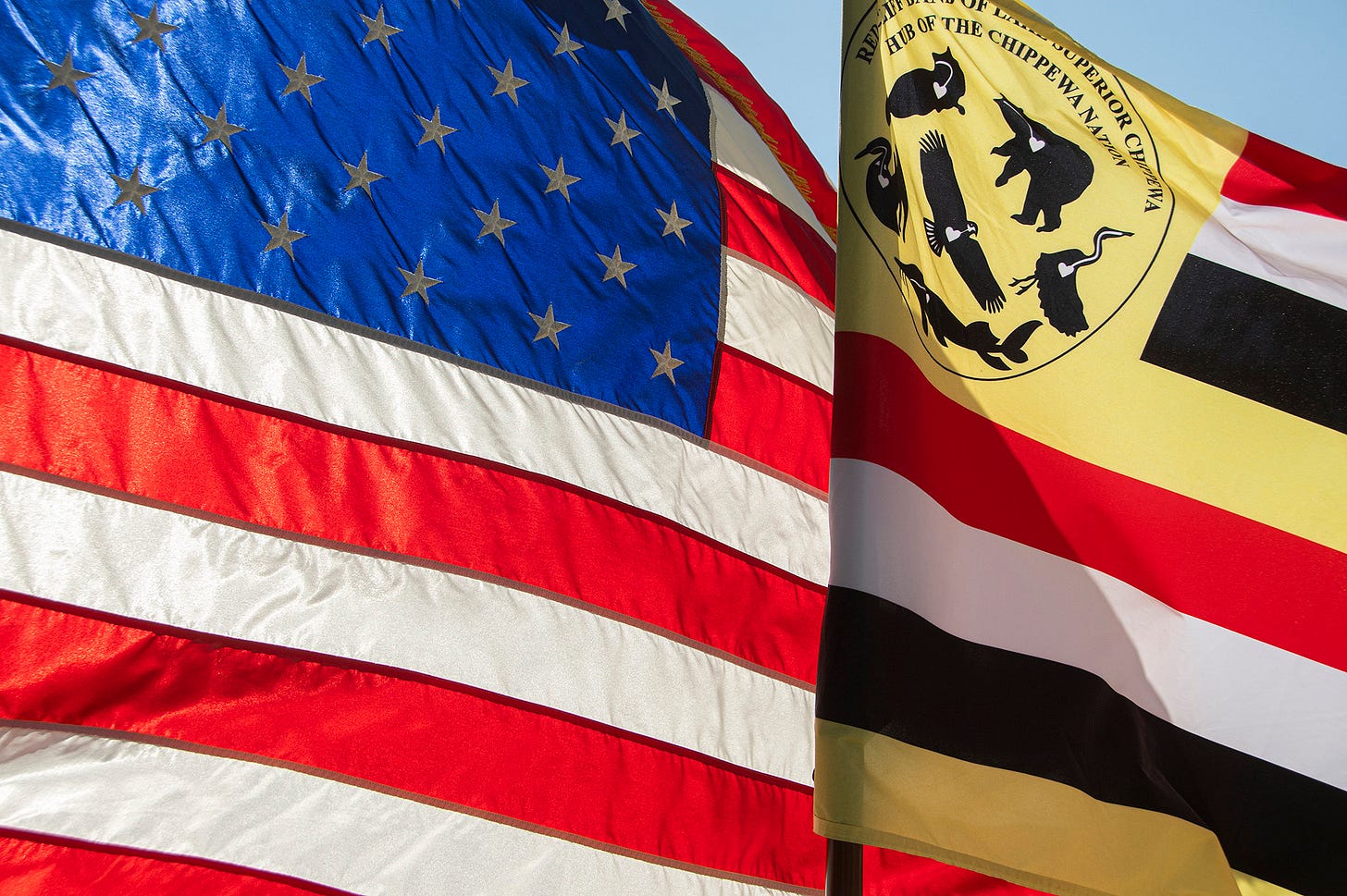“[T]he best idea America ever had.” That’s what Pulitizer prize-winning author Wallace Stegner called our national parks, places that “reflect us at our best rather than our worst.” Well, not always.
Right from the start, our national parks have had their dark side. Untold numbers of indigenous people including Blackfeet, Crow, and Shoshone were displaced to create our very first national park at Yellowstone. Fishermen’s cabins were burned to the ground almost before the evicted familes stepped off the docks to maintain the “wilderness” image at Isle Royale National Park. Slaves were forced to act as early tour guides and laborers at Mammoth Cave National Park. Some 1,150 tracts of land had to be acquired, some from unwilling sellers forced out by the state’s power of eminent domain, to create what is now Great Smoky Mountains National Park.
Every light has its shadow. So it is no surprise that interpretive signs at our national parks sometimes tell a darker tale. What was a surprise, however, was the recent appearance of a new set of signs plastered throughout our national parks.
The new set of signs began popping up all over our National Park system including right here in the Apostle Islands in mid-June. The signs are a part of a Department of Interior (DOI) effort to comply with an Executive Order signed by President Trump and entitled “Restoring Truth and Sanity to American History.” The signs read as follows:
“Apostle Islands National Lakeshore belongs to the American people, and the National Park Service wants your feedback. Please let us know if you have identified 1) any areas that need repair; 2) any services that need improvement; or, 3) any signs or other information that are negative about either past or living Americans or that fail to emphasize the beauty, grandeur, and abundance of landscapes and other natural features.”
A weblink and a QR code are provide so that visitors can report such finds. The signs have appeared in national park units all across the county - from Maine to Alaska.
They are an affront to our national parks, their staff, our history, and our sense of truth. For 153 years now, since the 1872 creation of Yellowstone, rangers have been telling the story of our national parks. That story is not always as pretty as a postcard but the National Park Service is mandated by law to preserve, protect, and tell the story of American history both in its own Organic Act of 1916 and the 1966 National Historic Preservation Act. That cannot be done without facing some difficult truths.
Nor should it be.
The public response has not exactly been what the administration may have expected. A document leaked by the Coaltion to Protect America’s National Parks shows a spreadsheet of some 1,600 responses collected up through June 30th. Overwhelmingly, the responses are supportive of national parks and their role in the telling of national park history. “The park rangers go above and beyond to tell the full American story,” stated one comment from a visitor to Maryland’s Catoctin Mountain Park. “I want to commend the NPS on accurate historical information within the park,” wrote another, “It is so important to be honest with ourselves as a nation to better understand all of our very checkered history. Bravo, NPS! No whitewashing!”
Some used the QR code to be show off their sense of humor. “Your sign indicating Baltimore was a nest of pirates is inaccurate,” wrote one visitor to Fort McHenry National Monument commemorating the 1814 Battle of Baltimore. “The Pirates play in Pittsburgh.”
Only a handful of comments have so far been received from visitors to the Apostle Islands. A few commend the staff: “Little Sand Bay was phenomenal. Staff matched the beautiful scenery.” Another poked fun at the park’s unusual name: “I’ve seen these islands and they do not resemble the Apostles … they look more like rocks than Peter, Paul, or others.”
None spoke to any instance of the kind of “divisive narratives” or “improper ideology” targeted by the Executive Order.
Where there is light, there is always shadows too. Even here at the Apostle Islands, a national lakeshore centered on the traditional homelands of the Ojibwe people and tucked between the Red Cliff Reservation to the north and the Bad River Reservation to the south, any true history would by necessity be complex and shadowed by broken promises, the eradication of treaty rights, and the undermining of native sovereignty.
Every interpretive sign put up in a national park is written, photographed, and designed by professional interpretive staff, vetted by experts in national park and American history, and painstakingly researched and fact-checked before it is ever unveiled to the public. Park staff takes great pride in each sign’s accuracy, fairness, and the value it adds to bringing to light the complex story of each park. Those should be the standards the signs are held to, not some vague sense of thin-skinned political correctness, not an unwillingness to look unblinkingly at hard truths.
We are stronger as a nation when we acknowledge our mistakes and face the shadows that darken any true and unflinching look at history. A strong leader doesn’t seek to erase the past but encourages us to learn from it, grow from it, and eventually be better for it. To do otherwise is not only a disservice to those who have suffered at the hands of society but a disservice to ourselves and our own potential moral growth and resilience both as individuals and as a nation.
The only signs that seem out of place in our national parks are these new signs looking to whitewash the truth. We do not look away from the shadows deep in the sea caves or the wave-strewn ribs of old shipwrecks. We don’t erase history. We hold it up to the light, share it, learn from it, become stronger for it. It cannot be erased and we should never try.
These new signs are an effort to whitewash history, to erase the shadows. They are not a sign of strength, but a sign of weakness and insecurity. For our national parks to truly be the best idea America ever had, they must reflect us not only at our best, but at our most human, and sometimes that requires a hard but honest look at ourselves, even if we don’t always like what we see looking back.
— Jeff Rennicke (all photography by the author unless otherwise noted).












Your words, Jeff are so needed in these turbulent times. Thank you!
Thanks for this. In agreement with all of your thought. b